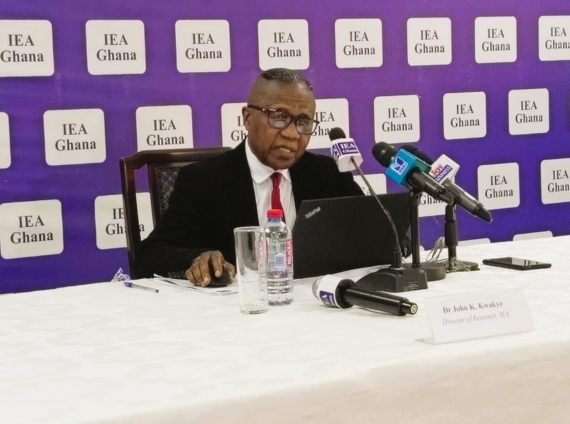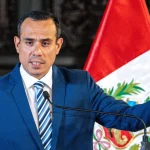The other measures to enhance fiscal discipline and sustainability include:
- Cutting recurrent spending, such as salaries and purchases, to reduce the fiscal deficit from the current 5% of GDP to a stricter 3%, aligning with ECOWAS standards.
- Establishing an independent Fiscal Council to evaluate and oversee fiscal policies.
For monetary policy, the IEA recommends:
- Enforcing a 5% cap on the Bank of Ghana’s lending to the government with stronger Parliamentary oversight.
- Enhancing inflation management by refining the Inflation Targeting framework and better coordinating monetary and fiscal policies to maintain low interest rates and boost investment and economic growth.
For better exchange rate management, the IEA proposes:
- Addressing the ongoing foreign exchange supply-demand imbalance through structural reforms.
- Improving exchange rate stability with prudent fiscal and monetary policies.
- Gradually increasing the Bank of Ghana’s reserves to cover at least six months of imports.
The IEA also suggests boosting reserves by enhancing natural resource management and increasing value-added activities.
Last week, the World Bank commended Ghana for stabilising its economy, highlighting notable progress in controlling inflation, restructuring debt, and consolidating fiscal policies.
The World Bank Country Director, Robert Taliercio O’Brien, recognized Ghana’s achievements but emphasised that more work is needed for a complete recovery.
In an interview, he lauded the government’s efforts to enhance the country’s macroeconomic indicators.
“Inflation has been reduced, so it’s on a declining path, and it needs to keep declining. It’s still too high, but good progress is being made, thanks in part to the policy position of the government,” he noted.
He added that the World Bank is especially optimistic about the progress in debt restructuring as a key area of reform.
















